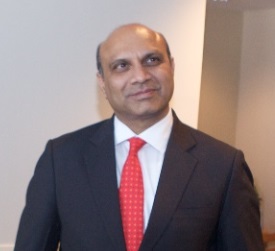A Quote by Allan Bloom
An education, other than purely professional or technical, can even seem to be an impediment.
Quote Topics
Related Quotes
The impediment to scientific thinking is not, I think, the difficulty of the subject. Complex intellectual feats have been mainstays even of oppressed cultures. Shamans, magicians and theologians are highly skilled in their intricate and arcane arts. No, the impediment is political and hierarchical.
The key to the trap is, of course, education. The feminine mystique has made higher education for women seem suspect, unnecessary and even dangerous. But I think that education, and only education, has saved, and can continue to save, American women from the greater dangers of the feminine mystique.
If you're raised in a house where it's okay for one group to eat and another to cook, or for one group to get more education money than the other or to be more free than the other, or where one parent gives in to the will of the other or may be verbally or even physically abused by the other. This gives you an idea of human worth.
We do not merely give a religious education because that would seem to imply the possibility of some other education, a secular education, for example. But we hold that all education is divine, that every good gift of knowledge and insight comes from above, that the Lord the Holy Spirit is the supreme educator of mankind, and that the culmination of all education (which may at the same time be reached by a little child) is that personal knowledge of and intimacy with God in which our being finds its fullest perfection.
On the whole, however, the critic is far less of a professional faultfinder than is sometimes imagined. He is first of all a virtue-finder, a singer of praise. He is not concerned with getting rid of dross except in so far as it hides the gold. In other words, the destructive side of criticism is purely a subsidiary affair. None of the best critics have been men of destructive minds. They are like gardeners whose business is more with the flowers than with the weeds.
One must search diligently to find laudatory comments on education (other than those pious platitudes which are fodder for commencement speeches). It appears that most persons who have achieved fame and success in the world of ideas are cynical about formal education. These people are a select few, who often achieved success in spite of their education, or even without it. As has been said, the clever largely educate themselves, those less able aren't sufficiently clever or imaginative to benefit much from education.









































